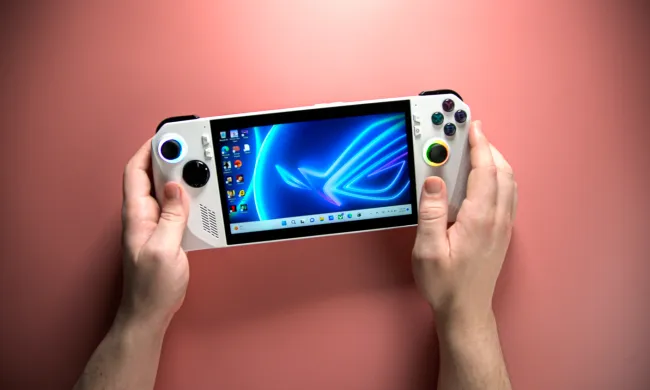AMD’s newly launched Ryzen 9000 series desktop CPUs are finally available for purchase, and recent performance comparisons suggest that these CPUs perform better on Linux than Windows 11, particularly in gaming scenarios.
A detailed analysis done by PC Games Hardware has shown that when it comes to gaming, Linux outshines Windows 11 on Ryzen 9000 series CPUs. Tests using popular Linux distributions like Nobara, which are optimized for gaming, demonstrate higher frame rates and smoother gameplay compared to the same setups running Windows 11.
While these gains for Linux weren’t overwhelming, they were noticeable, generally falling within the range of 5% to 10%. The one exception was World of Warcraft, where the difference in performance was only 2%. In a test of Cyberpunk 2077, a game notorious for its high CPU demands, Linux consistently delivered better average frame rates and lower frame time variances, resulting in a more stable gaming experience.
A key factor behind Linux’s superior performance is its efficient handling of system resources. Linux has long been praised for its lightweight and customizable nature, allowing it to utilize the advanced architecture of Ryzen 9000 series processors more efficiently. This is particularly evident in the way Linux manages CPU threads and memory, enabling more effective multitasking and reducing latency in gaming.

On the other hand, Windows 11, despite being the go-to operating system for most gamers, appears to be lagging behind in optimizing performance for the Ryzen 9000 series. This isn’t to say that Windows 11 performs poorly across the board — it still provides a solid gaming experience. However, in direct comparisons, it falls short of what Linux is able to achieve with the same hardware.
The reasons for this could be multifaceted. Windows 11, while feature-rich and designed with a wide array of compatibility in mind, may suffer from its own complexity. The operating system’s numerous background processes, security features, and how it handles system resources could contribute to its relatively lower performance on these new Ryzen CPUs.
This comes just a couple of weeks after some new testing from Hardware Unboxed indicated that Windows 10 was outperforming in Windows 11 in a variety of newer games. The latest Zen 5 chips weren’t included in the comparison, of course, and neither was Linux.
As for the chips themselves, in our testing of the Ryzen 9 9950X and Ryzen 9 9900X, we found that while these processors are powerful and excel in multi-threaded workloads, the performance gains in gaming are less significant compared to previous generations.




